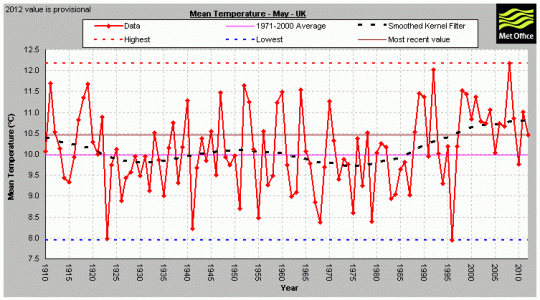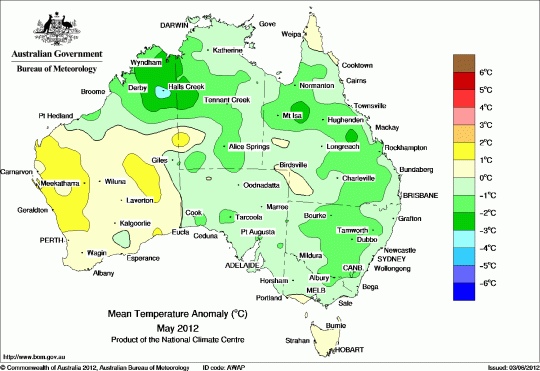
War , source: libcom.org
The discussion about climate change has many fronts. Last week one of the main issues was the stolen emails from Heartland Institute. It was in fact a kind of answer to the previous climategate1 and climategate2. The climategates were a series of emails stolen to East Anglia University climate scientists that skeptic blogs considered were probing the climate change failure. They just show discussion and reasonable doubt about climatologists and all the ingestisgations have found them no-gilty of fraud. The responsible of the theft is unkonwn.
In this last case, the Heartland Institute is a skeptic institution and the stolen emails show what was easy to suppose, that they are founded by big companies close to fossil fuels. There is a strong arguing about the veracity of one of the documents but everybody accepts that most are real. However, one of the main differences was that in this case the author of the theft has revealed himself and it is a known scientists and climate activist, Gleick.
The skeptic blogs have not stopped to mention this issue once and again, to say they knew it, to show that this probes climate science is a fake, to say that many others are like him,… Just a simple data, in the 6 days from February the 20th to February 26th it is the main topic for 20 posts in WUWT. More than 3 per day, I would not be able to make even 3!!! Really prolific. The rest of skeptic blogosphere follows the same behavior of course. In climate hawks blogosphere it is mentioned and even source of discussions between David Appell and Joe Romm.
One curious aspect is that Heartland Institute was very active using climategate emails to criticize many scientists, while now it is claiming that stolen emails should not be used against themand even send strong emails to many bloggers. The letter of many of the climatologists explaining this contradiction in first person is one of the few positive things of all this issue.
Because stealing those emails has not revealed too many new things but has situated this war in the battlefield wanted by skeptics, because the question here is not who has done it more ethically or who has stronger ethical reasons in this war, the question is that credibility is one of the biggest treasures in this war and the one who owns it (the science) is the one who can loose it in this kind of battlefield. We can not forget that we are saying to our fellow citizens: we have a big problem and we will have to change many things in our lives to cope with it. The skeptics are saying: forget about it, they are trying to lie. For this reason this action of Gleick is not only ethically acceptable because this is a war, it has even lead to a lost battle in the battlefield of credibility.
This way, we are discussing about what email was stolen or who wrote a document instead of thinking about what can we do to reduce our emissions and mitigate climate change.







